Murik Lakes Seeds of Friendship Community Garden Project
$1,930 raised
TARGET $10,000
Please support this cause
$
AUD
About
Darapap Village, is located in the Murik Lakes area of Marienberg Local Level Government, Angoram District, East Sepik Province. Darapap is one of five villages in the Murik Lakes along the north coast of Papua New Guinea, west of the mouth of the Sepik River, an area of mangrove lakes, swamps, and sandy beaches. The people living around the Lakes are generally referred to as Murik.
The villages located on the ocean beach have been subjected to extensive damage from onshore storms and high seas. Where sufficient land is available, houses are arranged in sections by descent group. In Big Murik, Darapap, and Karau this orderly arrangement has been disrupted by shifts in the coastline and land shortages. The present village sites face the mangrove lakes. Houses are built on stilts from 4 to 8 feet above the ground due to Climate Change and rising sea level.
The concept for the Project was based upon the Food & Lifestyle of the people of Murik Lakes. With no land to do gardening and cook healthy meals for the families, we look at the best possible way to make simple vegetable garden. Hence the idea of raised gardens on stilts was ideal as we have seen the village house have survived the worse high tides in the recent years. Old broken canoes was the best possible option to use as garden beds on raised stilts.
CLIMATE & WEATHER PATTERNS
The Murik Lakes region is humid and flat. The villages are located on narrow sandbanks that separate the lakes from the open ocean. During the wet season, November to May, a north westerly wind prevails, bringing blustery late-afternoon winds, thunderstorms, heavy rainfall, and somewhat cooler temperatures. The transition from wet to dry season is marked by extreme high "spring" tides and by periods of complete stillness. Despite high humidity during the dry season, approximately June to October, there are droughts of several weeks' duration that cause severe shortages of fresh water. The northeasterly onshore breezes of this season, combined with longer periods of clear weather and calm seas, lead the Murik to refer to this as the good season for travel to town markets and visits to trade partners throughout the region.
POPULATION
The current population for Darapap village is approximately over 850 people. Women and girl’s population is estimated at 400 and women over 18 years to 75 years is about 197 of them. Children under 18-year-old to 2 months old are estimated to be at 350.
With increase in Teenage pregnancies and lack of Birth controls, the population is set to increase rapidly. To combat this and increase education amongst the young women about birth control, Kylian meets with the women to educate them about safe sex and she also offers mediation services for sexual violence offenses with the support of her partner Ela. There is also lack of Health Services in the village and entire Murik Lakes that there is high mortality rate in the area. The nearest village Karau, has a Clinic with a Community Health Worker but there are no medical supplies. The nearest Health Centre is 2 hours away by boat.
ECONOMY & TRADE
Subsistence and commercial activates is based on fishing and trade. Both men and women fish in the lakes and ocean, but women gather most of the shellfish from the mangroves. The staple starch is sago, obtained by trading with villages on the inland side of the lakes. Garden produce and pigs, used primarily for ritual feasts, are obtained from trade partners in coastal and lower river villages. Darapap and other Murik Villages engage in extensive commercial activities. They trade smoked fish, fresh shellfish, baskets, and shells for garden produce, betel nuts, tobacco, and pigs. Manufactured items such as pots, plates, and canoe logs are sought in exchange for baskets. Cash income is obtained through Remittances from relatives working in towns and through the sale of fish, shellfish, baskets, and tourist carvings in town Markets. The money is used for transportation (outboard motors and fuel), school fees, clothing, and small household items.
Project Goals and Objectives
The initial pilot phase of this project has seen 120 gardens established in the Darapap Village. The primary objective of the next phase of the project is to support the village to complete the build of the larger community garden. Establishing the larger community garden will enable the village to scale the production of crops that can then be sold at the markets or traded with other villages for supplies.
Success metrics.
The baseline success measure is that each of the homes where the gardens are established are producing enough food for personal consumption, which means they are self-sufficient and sustainable, resprouting seedlings from their previous produce and supplementing their diet to improve good health and wellbeing.
From there, the next key success metric is the amount of income that the women can make from the sale of excess produce at the markets. The gardens provide these women with a sustainable enterprise through which they can change their personal financial empowerment, as well as contribute to the Women’s Cooperative fund. By building the community garden the village can expand its production capacity to have more produce for sale and generate more income to fund other vital essential services like school and medical supplies.
Once we have achieved an 80% success rate for alive and growing gardens out of the 120 gardens established, and the community garden is demonstrating that it is sustainable, we will then start to expand the project into the other five villages located around the lakes.
Stakeholders and roles.
The key stakeholders for this project are the Presidents of Councils of Women, Church leaders, village community committee and Co-operative society Women leaders. The pilot project initially started out focused on engaging the women to grow food for their families. As the pilot project has progressed, the men have engaged in the project too, heling to build the stilts that the raised garden beds sit on, safe from the high tides, they also bring in good soil to ensure the garden beds have the nutrients they need to survive.
The villages located on the ocean beach have been subjected to extensive damage from onshore storms and high seas. Where sufficient land is available, houses are arranged in sections by descent group. In Big Murik, Darapap, and Karau this orderly arrangement has been disrupted by shifts in the coastline and land shortages. The present village sites face the mangrove lakes. Houses are built on stilts from 4 to 8 feet above the ground due to Climate Change and rising sea level.
The concept for the Project was based upon the Food & Lifestyle of the people of Murik Lakes. With no land to do gardening and cook healthy meals for the families, we look at the best possible way to make simple vegetable garden. Hence the idea of raised gardens on stilts was ideal as we have seen the village house have survived the worse high tides in the recent years. Old broken canoes was the best possible option to use as garden beds on raised stilts.
CLIMATE & WEATHER PATTERNS
The Murik Lakes region is humid and flat. The villages are located on narrow sandbanks that separate the lakes from the open ocean. During the wet season, November to May, a north westerly wind prevails, bringing blustery late-afternoon winds, thunderstorms, heavy rainfall, and somewhat cooler temperatures. The transition from wet to dry season is marked by extreme high "spring" tides and by periods of complete stillness. Despite high humidity during the dry season, approximately June to October, there are droughts of several weeks' duration that cause severe shortages of fresh water. The northeasterly onshore breezes of this season, combined with longer periods of clear weather and calm seas, lead the Murik to refer to this as the good season for travel to town markets and visits to trade partners throughout the region.
POPULATION
The current population for Darapap village is approximately over 850 people. Women and girl’s population is estimated at 400 and women over 18 years to 75 years is about 197 of them. Children under 18-year-old to 2 months old are estimated to be at 350.
With increase in Teenage pregnancies and lack of Birth controls, the population is set to increase rapidly. To combat this and increase education amongst the young women about birth control, Kylian meets with the women to educate them about safe sex and she also offers mediation services for sexual violence offenses with the support of her partner Ela. There is also lack of Health Services in the village and entire Murik Lakes that there is high mortality rate in the area. The nearest village Karau, has a Clinic with a Community Health Worker but there are no medical supplies. The nearest Health Centre is 2 hours away by boat.
ECONOMY & TRADE
Subsistence and commercial activates is based on fishing and trade. Both men and women fish in the lakes and ocean, but women gather most of the shellfish from the mangroves. The staple starch is sago, obtained by trading with villages on the inland side of the lakes. Garden produce and pigs, used primarily for ritual feasts, are obtained from trade partners in coastal and lower river villages. Darapap and other Murik Villages engage in extensive commercial activities. They trade smoked fish, fresh shellfish, baskets, and shells for garden produce, betel nuts, tobacco, and pigs. Manufactured items such as pots, plates, and canoe logs are sought in exchange for baskets. Cash income is obtained through Remittances from relatives working in towns and through the sale of fish, shellfish, baskets, and tourist carvings in town Markets. The money is used for transportation (outboard motors and fuel), school fees, clothing, and small household items.
Project Goals and Objectives
The initial pilot phase of this project has seen 120 gardens established in the Darapap Village. The primary objective of the next phase of the project is to support the village to complete the build of the larger community garden. Establishing the larger community garden will enable the village to scale the production of crops that can then be sold at the markets or traded with other villages for supplies.
Success metrics.
The baseline success measure is that each of the homes where the gardens are established are producing enough food for personal consumption, which means they are self-sufficient and sustainable, resprouting seedlings from their previous produce and supplementing their diet to improve good health and wellbeing.
From there, the next key success metric is the amount of income that the women can make from the sale of excess produce at the markets. The gardens provide these women with a sustainable enterprise through which they can change their personal financial empowerment, as well as contribute to the Women’s Cooperative fund. By building the community garden the village can expand its production capacity to have more produce for sale and generate more income to fund other vital essential services like school and medical supplies.
Once we have achieved an 80% success rate for alive and growing gardens out of the 120 gardens established, and the community garden is demonstrating that it is sustainable, we will then start to expand the project into the other five villages located around the lakes.
Stakeholders and roles.
The key stakeholders for this project are the Presidents of Councils of Women, Church leaders, village community committee and Co-operative society Women leaders. The pilot project initially started out focused on engaging the women to grow food for their families. As the pilot project has progressed, the men have engaged in the project too, heling to build the stilts that the raised garden beds sit on, safe from the high tides, they also bring in good soil to ensure the garden beds have the nutrients they need to survive.
I'm raising funds for
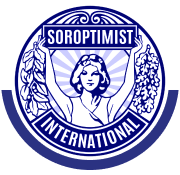
Soroptimist International Moreton North Inc.
Soroptimist International Moreton North Inc. (SIMNI) is a vibrant and dynamic club for women of all ages who have an interest in sharing their skills and expertise to improve the lives and opportunities of others in our local and global communities. SIMNI is currently the only Soroptimist InternatioMon, 4 Mar 2024
Anonymous
$ 20
Wed, 22 Nov 2023
Anonymous
$ 100
SINCE Oct 2023
17
Donations
$1,930 raised
TARGET $10,000
Please support this cause
$
AUD
I'm raising funds for

Soroptimist International Moreton North Inc.
Soroptimist International Moreton North Inc. (SIMNI) is a vibrant and dynamic club for women of all ages who have an interest in sharing their skills and expertise to improve the lives and opportunities of others in our local and global communities. SIMNI is currently the only Soroptimist InternatioSINCE Oct 2023
17
Donations
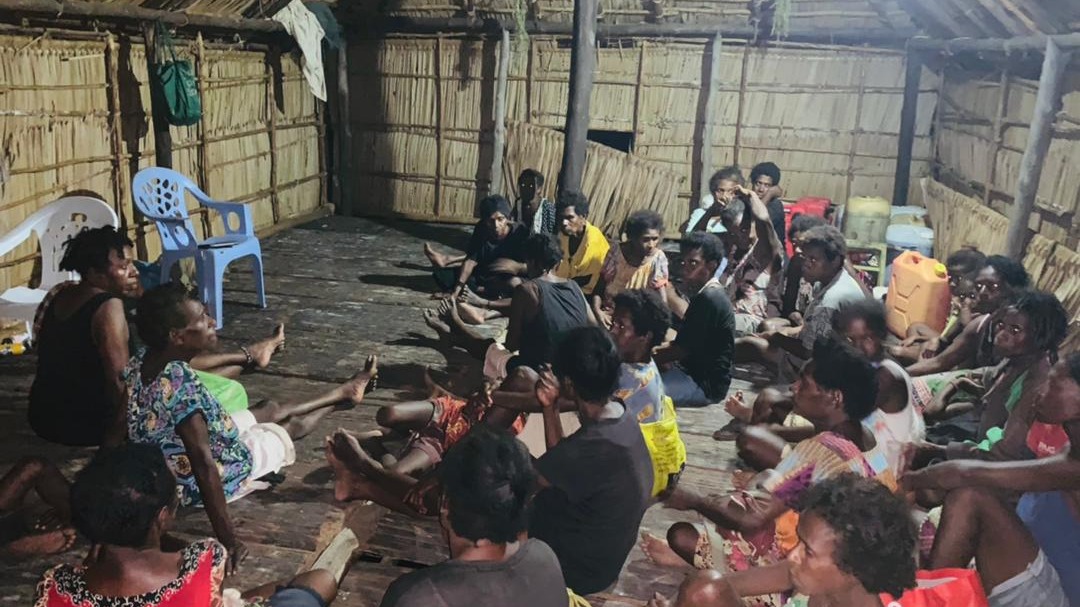
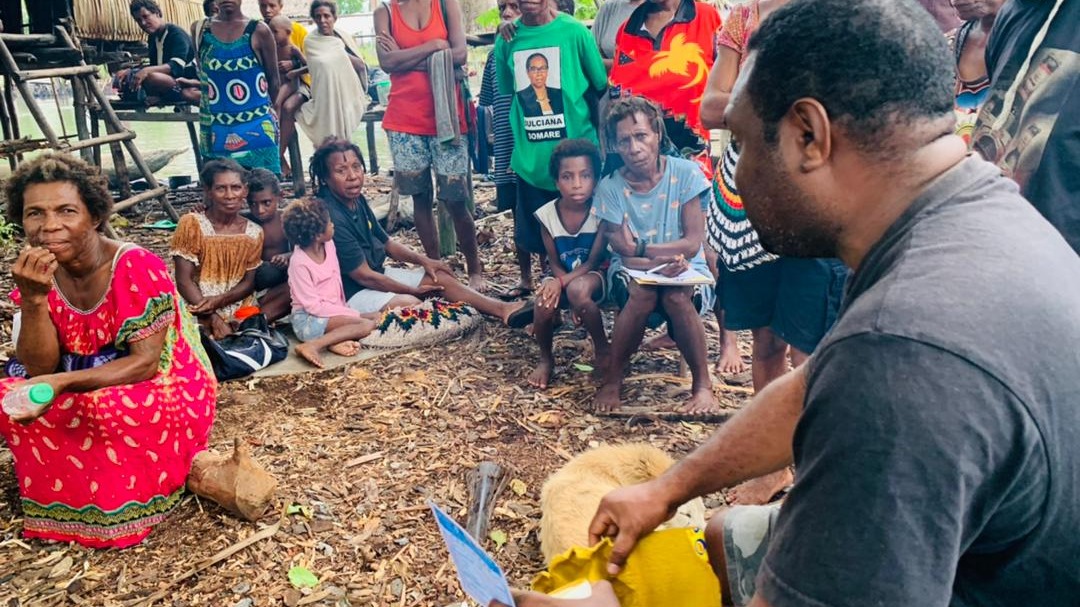
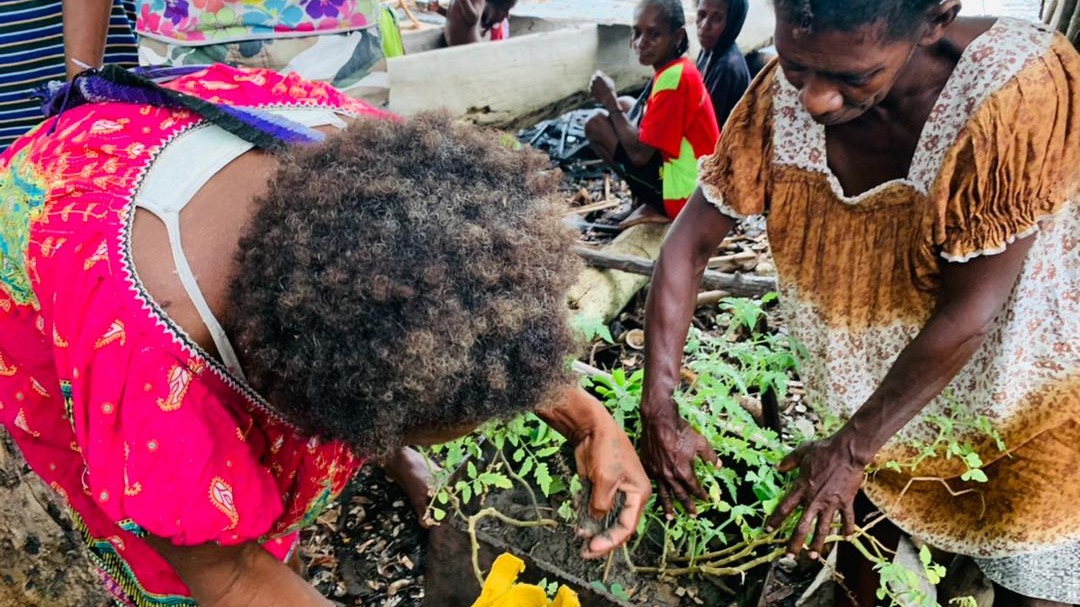
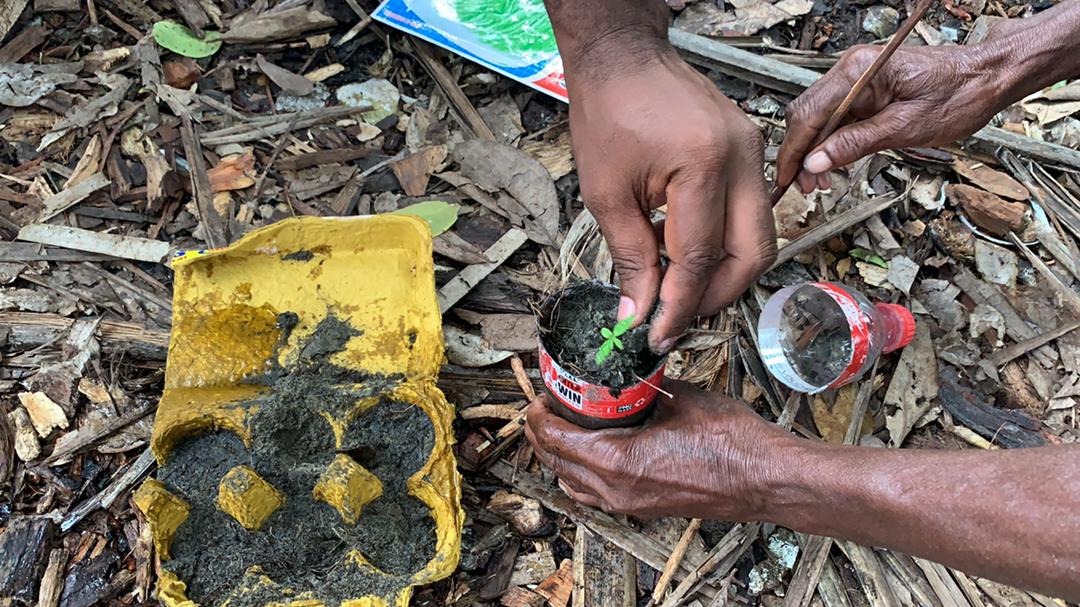
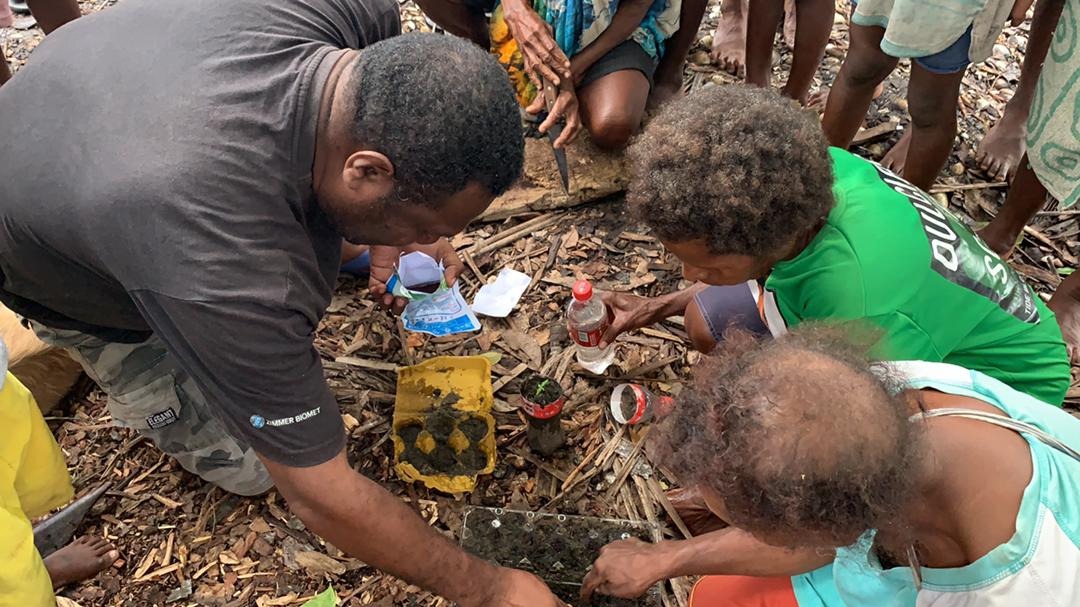
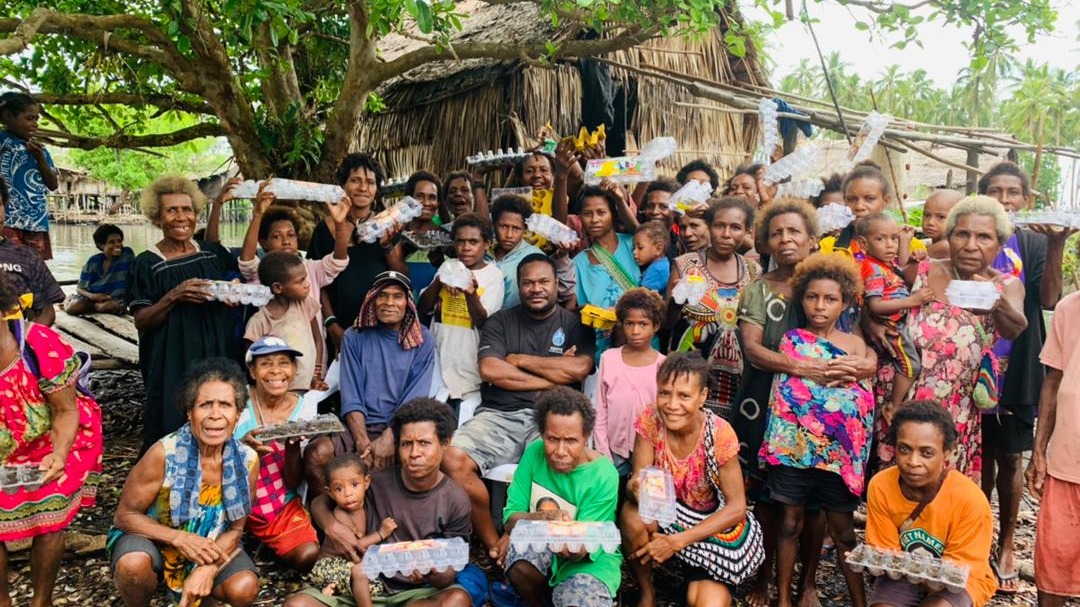
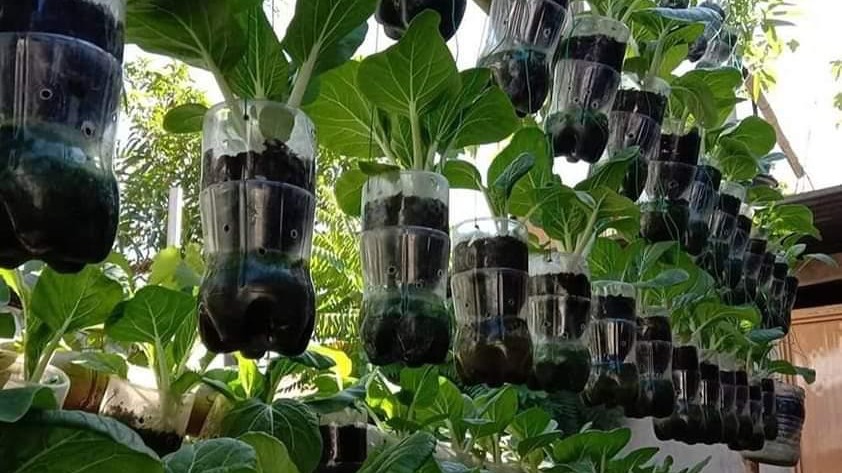
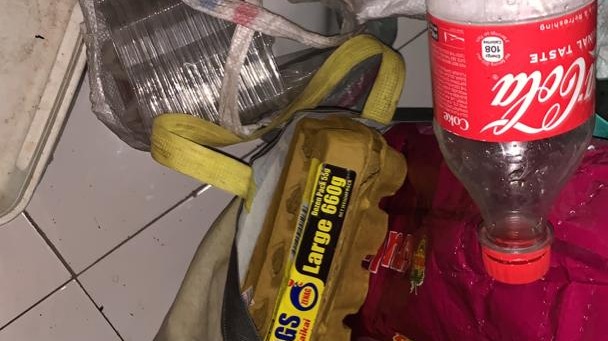
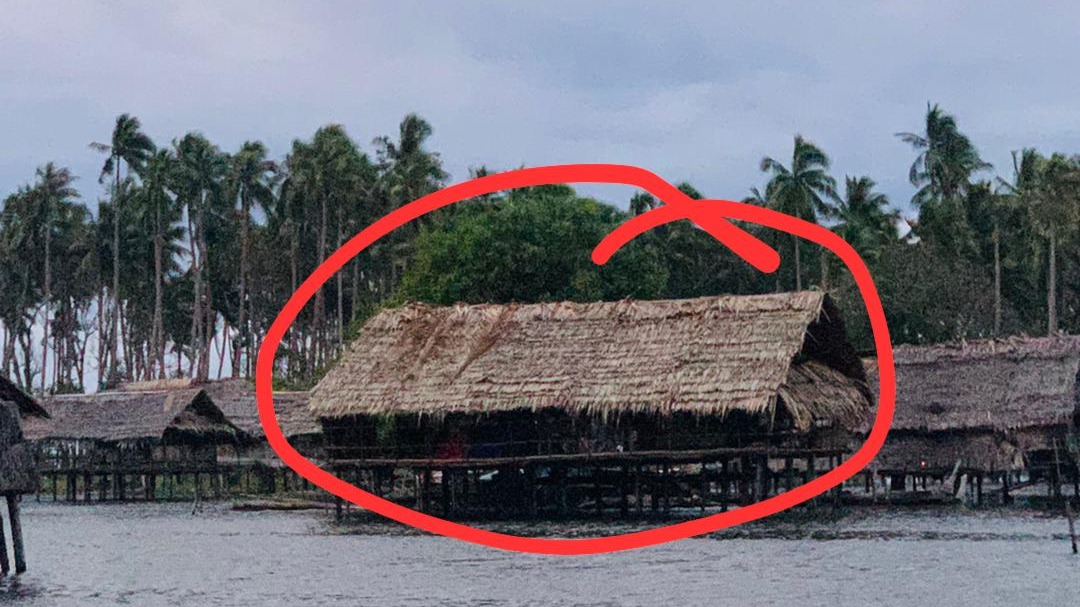

With love and solidarity to the Amazing Women Darapap Village